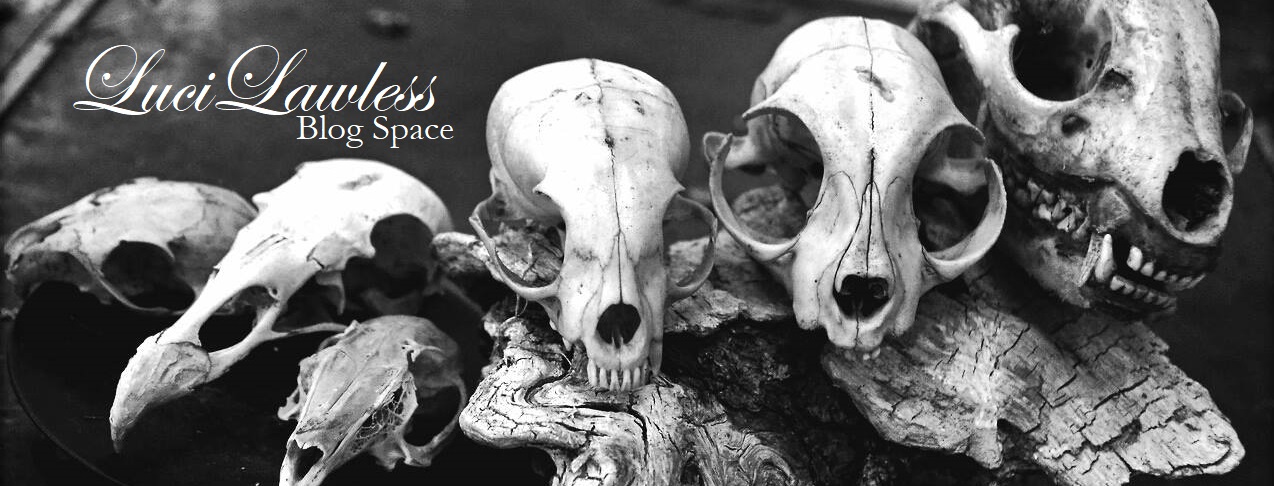Rat Dietary Needs
A proper diet is essential for your rat’s good health. Rats are omnivorous, which means they eat both plant and animal material. Please do not try to convert your rats into vegetarians. They need animal protein, and cannot live on plant protein alone. Rats love food in general and will eat almost anything you put in front of them, savouring every morsel. They seem to eat when bored, even when sick or just for something to do. Rats love junk food just like us. Try to keep their diet as healthy as possible. Stay away from sugar. There are many healthy treats that you can offer your rats. Eating the same thing every day can also become boring just as it does for people. Hopefully I can give you some ideas on how to add some variety in their diet, while keeping them healthy at the same time.
Rats should be fed a good “lab-block” not dog or cat food.
Lab-blocks are a complete nutritional diet that meets the nutritional
requirements of rats. Assorted vegetables and fruit should be provided at a
minimum 3 times a week. Lab-blocs are hard food made especially for rats. You
can usually find them in most pet stores or feed stores. Lab-blocks, such as
Harlan Teklad, Hagen Nutri-blocks, Oxbow or Mazuri, should be the main
staple of your rat’s diet. They also keep their teeth from becoming overgrown.
Now you must try to keep protein levels within healthy limits. Protein range should be around 16 to 18 percent. Pregnant or nursing females as well as babies up to 13 weeks old can be fed a higher protein ratio. If rats are fed too much protein this can lead to protein scabs as well as excess orange looking grease on the skin of males.
Now you must try to keep protein levels within healthy limits. Protein range should be around 16 to 18 percent. Pregnant or nursing females as well as babies up to 13 weeks old can be fed a higher protein ratio. If rats are fed too much protein this can lead to protein scabs as well as excess orange looking grease on the skin of males.
If you notice that your male has too much grease, and it’s taking
away from his natural beauty, you need to cut down on the level of protein in
the diet. Try adding more grains and pasta to his diet and bathing them in
Palmolive or Sunlight antibacterial dish detergent and it will also help cut
this grease.
Approved Rat Foods
Grains:
dry vegetable pasta twists (beet, spinach, tomato, carrot and squash)3/4 green split peas mixed with 1/4 yellow split peas
large natural oats
“Cheerios”, “Rice Krispies” and Corn Bran cereals
pumpkin seeds – raw, unsalted
dried cranberries or dried blueberries
Fresh FRUITS may include but are not limited to:
strawberries
grapes (seedless)
bananas
pears
apples
oranges (only for does, which helps protect against cancer, NOT FOR MALE RATS)
watermelon
cantaloupe
kiwi fruit
papaya
raisins
avocado
tomatoes
nectarines
peaches
plums
honeydew melon
mango
blueberries
bananas
pears
apples
oranges (only for does, which helps protect against cancer, NOT FOR MALE RATS)
watermelon
cantaloupe
kiwi fruit
papaya
raisins
avocado
tomatoes
nectarines
peaches
plums
honeydew melon
mango
blueberries
Fresh VEGETABLES include but are not limited to:
squashmustard greens
collard greens
romaine lettuce
spinach
cucumber
alfalfa sprouts
zucchini
pumpkin
asparagus
broccoli
cauliflower
brussels sprouts
carrots
celery
fennel
Sweet potato, yams (cooked. DO NOT feed raw!)
and sometimes cooked corn on the cob
What NOT To Feed Your Rat(s)
(can
cause a rat to choke and they cannot vomit. They lack the necessary muscles
that would allow them to do so.)
One chocolate chip, for instance, is
fine and often acts as a bronchio-dilator which helps rats with
respiratory problems.
· cooked pasta and rice
Occasional Treats:
· rice cakes· cooked pasta and rice
Whole Protein Sources:
· chicken
♥ A Healthy Rat Is A Happy Rat ♥
Updated: 08.11.2016 Brit Piluke BritPiluke@hotmail.com
Full permissions granted to print and distribute this list as long as
not altered unless speaking with myself first so I may confirm the benefits or concerns.






